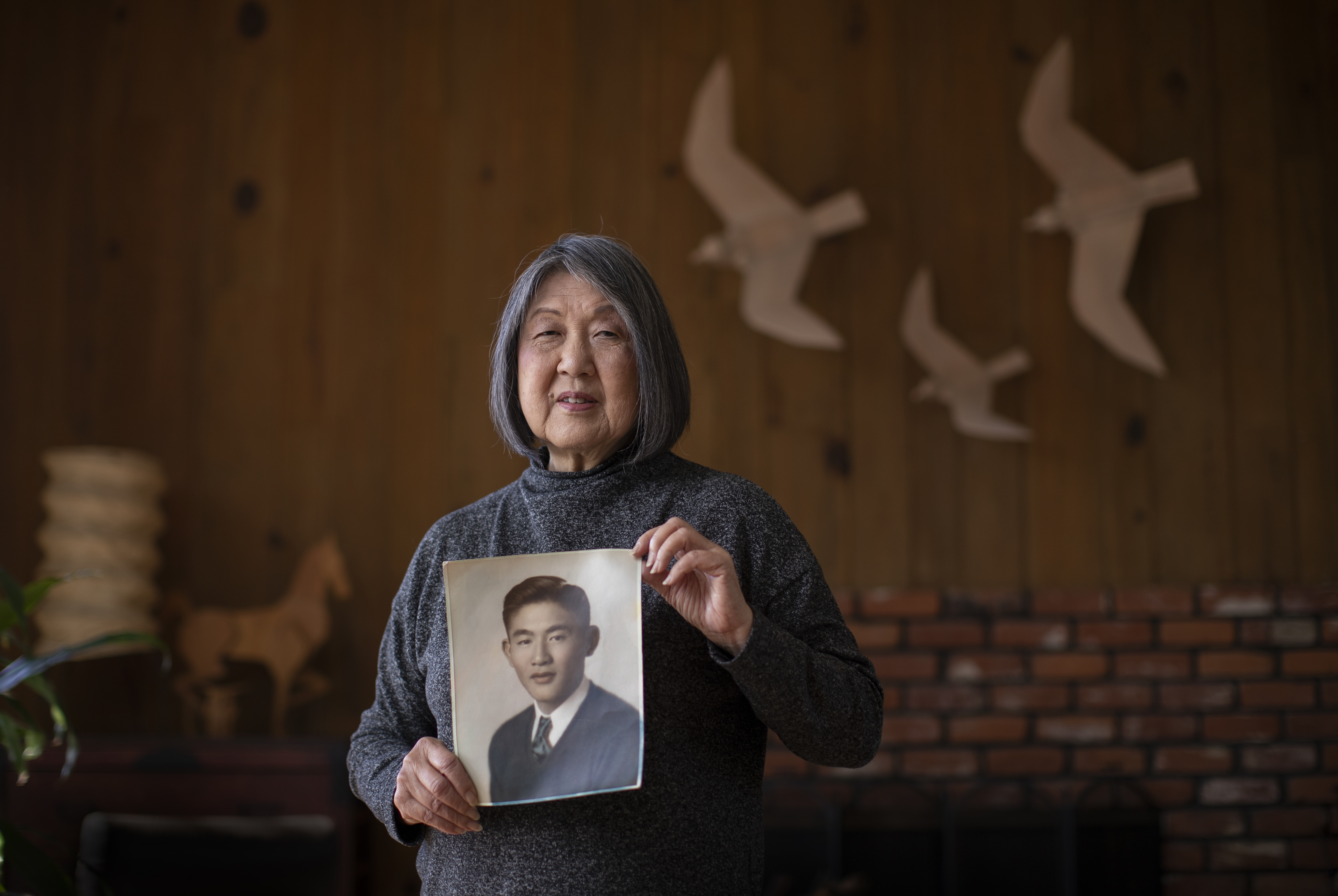The University of Southern California announced last week that it will award posthumous degrees and apologize to the Japanese American students whose studies at USC were cut short in the 1940s after being forcibly displaced and sent to internment camps during World War II.
On February 19, 1942, President Franklin Roosevelt issued Executive Order 9066 authorizing the relocation and internment of Japanese Americans just months after the attack on Pearl Harbor.
About 120,000 men, women, and children were moved to 10 camps across the western U.S., including two in California.
USC is currently trying to identify the families of about 120 students who were affected during the 1941-42 academic year. “At the time, the university refused to release transcripts for students who wanted to transfer,” writes CNN, “sabotaging their chances to complete their educations.”
Then-USC President Rufus B. von KleinSmid — now disgraced for his legacy of eugenics support, antisemitism, and racism — went even further in preventing Japanese American students from completing their education. After the war, USC refused to honor the students’ previous coursework and said they would have to start over, their surviving family members told the Los Angeles Times.
USC President Carol Folt is to award the posthumous degrees sometime in the spring of 2022. And while USC gave honorary degrees to 11 surviving Japanese American students in 2012 after a 2009 law required California public universities to do so, the college stopped short of giving the same honor to those who had died.
“I just immediately thought, ‘I don’t know how it happened, but this is something we can acknowledge and make right,’” Folt told NBC.
“I think we’re starting to understand … there [are] things that have happened in the past that are not things that we’re proud of,” Folt continued. “It only does good to acknowledge that — to find the source of problems, to apologize, but maybe even more importantly … to make sure that these sorts of issues do not happen.”
In February 2020 the California Assembly issued a formal apology for its role in actively rounding up and sending its residents to internment camps during World War II.
Al Muratsuchi, the Assembly member who introduced the 2020 resolution, believed that the state of California owed those citizens a separate apology from the 1988 Civil Liberties Act, in which President Ronald Reagan formally apologized to Japanese American survivors “on behalf of the Nation.” The act provided $20,000 to survivors and acknowledged that the internment was “motivated by racial prejudice, wartime hysteria, and a failure of political leadership.”
The latest apology from USC is nearly 80 years in the making.
“This is an extraordinary circumstance, and this is an injustice, and we owe it to these families,” Patrick Auerbach, USC Associate Senior Vice President for Alumni Relations, told CNN. “If we want to really, you know, talk the talk with our values, our core values as an institution, then we need to walk the walk, and that’s what we’re doing in this case.”





